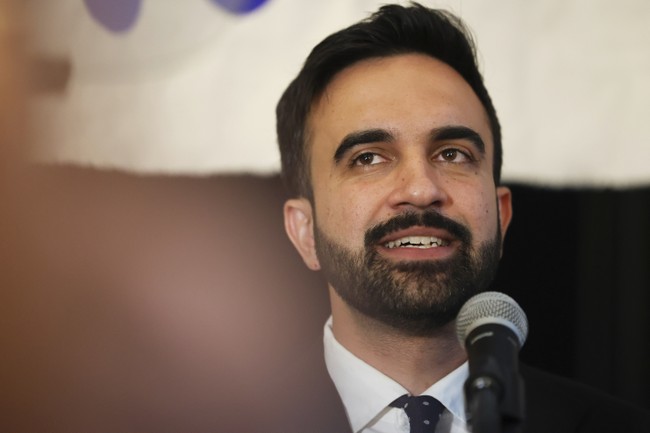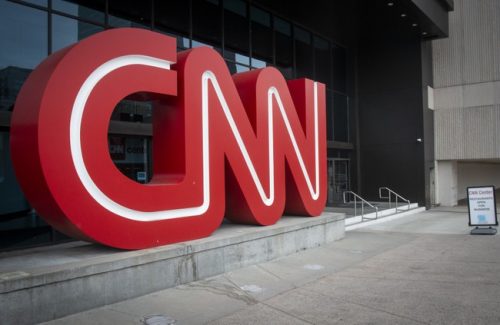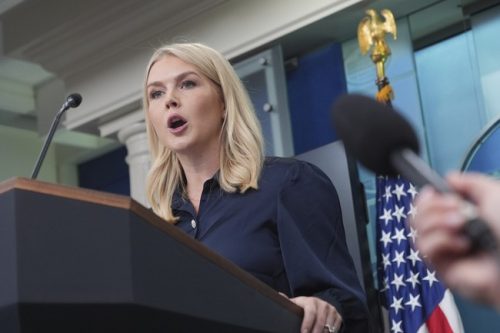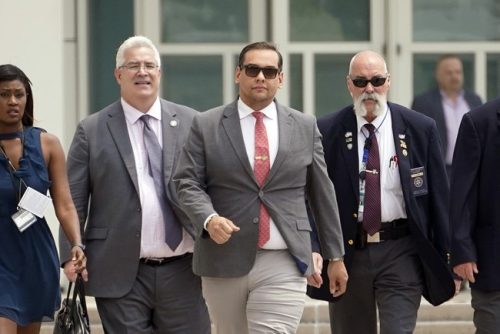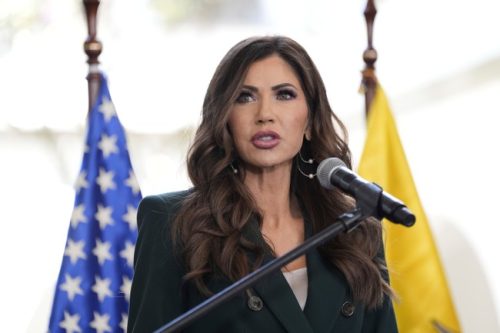New York mayoral interview
This Is What Zohran Mamdani Had to Say When Asked About Trump’s Gaza Peace Deal
Zohran Mamdani, the progressive candidate leading the New York mayoral field, appeared on Fox News and answered questions that ranged from city policy to foreign affairs. He used the platform to criticize Mayor Eric Adams and take jabs at Andrew Cuomo while trying to steer attention back to local priorities. His rise, ahead by roughly 13 points in recent coverage, has unsettled many conservative voters.
Mamdani is an openly socialist candidate who has proposed sweeping changes for New York City, including free bussing, free childcare, rent freezes, and government-owned grocery stores. Those plans are part of what makes his lead striking: he holds substantial support even as critics point to the cost and feasibility of those ideas. For Republicans and fiscal conservatives, his platform raises alarm bells about spending and city management.
The Fox host asked whether Mamdani would give President Donald Trump credit for brokering a ceasefire between Israel and Hamas, pressing him to weigh in on a national and international issue. Mamdani replied directly on the ceasefire’s promise and its early fragility: “When it comes to the ceasefire, I am thankful, and I have hope that it will actually endure and that it will be lasting,” Mamdani replied. “And I continue to have concerns because I’ve seen reports still, just in the last few days, that five Palestinians were killed by the Israeli military. That’s what gives me pause about issuing any kind of praise or celebration at a moment when it is still so in its infancy.”
The interviewer pushed for credit to be assigned to Trump if the deal held, seeking clarity that voters often want from public figures on big foreign-policy moves. Mamdani kept the door open but refused to award praise prematurely, saying, “I think it’s too early to do so—too early to say,” Mamdani dodged. He framed his caution as patience rather than endorsement.
When the conversation turned to troubling reports after the deal, including allegations that Hamas had harmed Palestinian civilians and withheld bodies of hostages, the candidate acknowledged the human cost. He offered a precise stance on the returns of remains, saying, “I think those are bodies and remains that should absolutely be returned. I think I have no issue with critiquing Hamas or the Israeli government because my critiques all come from a place of universal human rights,” the candidate responded. “My focus, however, is right here in New York City, transforming the most expensive city in America into one that’s affordable for each and every New Yorker.”
Asked directly whether Hamas should demilitarize or relinquish power in Gaza, Mamdani carefully avoided a direct policy prescription and again brought the emphasis back to his local agenda. “I believe that any future here in New York City is one that we have to make sure is affordable for all,” the candidate dodged again. And as it pertains to Israel and Palestine, we must ensure that there is peace, and that is the future we have to fight for.
Pressed further about long-term outcomes, Mamdani narrowed his public commentary to principle rather than strategy, stating he does not want to speculate on specific geopolitical outcomes. He said he doesn’t “really have opinions about the future of Hamas and Israel beyond the question of justice and safety—and the fact that anything has to abide by international law.” That restraint left viewers wanting clearer answers on whether he favors tougher stances or diplomatic solutions.
The latest public polling data shows Mamdani with a substantial lead in the mayoral contest, with one poll placing him at 46 percent against Cuomo’s 33 percent and Republican Curtis Sliwa at 15 percent. That spread underlines the unusual dynamics of this race: a self-declared socialist commanding a strong plurality in a city long dominated by Democratic politics. For conservative watchers, the numbers signal both a protest mood in the electorate and a test of how centrist and right-leaning challengers respond.
As the campaign continues, Mamdani’s answers on national and international issues will matter to voters who want to know how his rhetoric translates into policy. His insistence on linking every stance back to city priorities keeps the debate focused on affordability, safety, and governance. The coming weeks will show whether that approach satisfies skeptics or intensifies scrutiny from opponents and voters alike.

